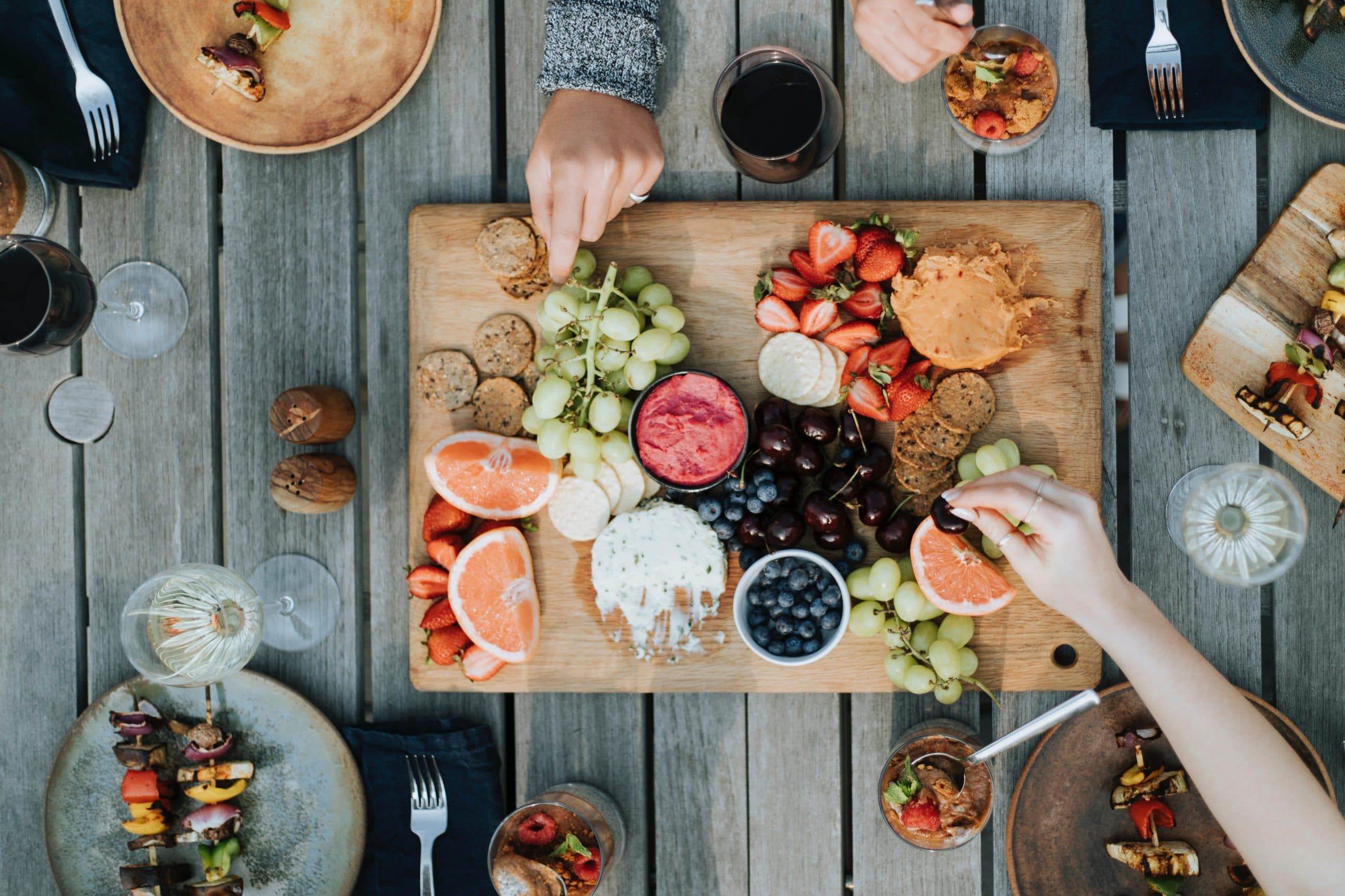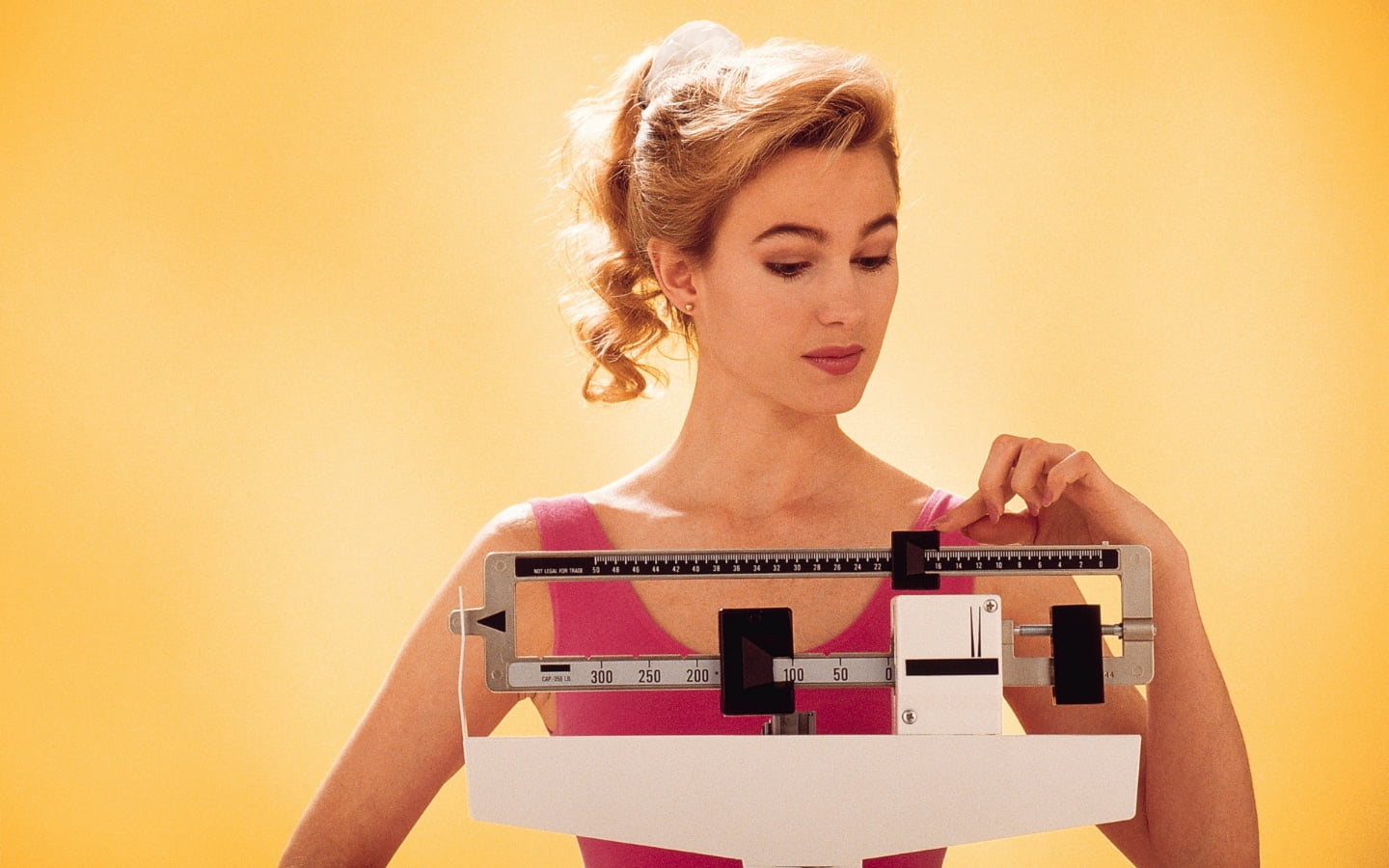Guest piece by Dietitian Pascale Flematti
When people ask me what I do, I’m often met with the same response: “… What’s a Dietitian?”
In short, Dietitians are tertiary qualified healthcare professionals with the skills to provide evidence-based advice and counselling on food and nutrition. In university we study chemistry, human biology, physiology, biochemistry, food science and nutrition science (and more!). During this time, we develop a comprehensive understanding of how our bodies work, and how food and nutrition can play a role for a range of different bodily and medical needs. We can then translate this scientific information into practical advice on how to improve your health.
But what does “improve your health” even mean, and how can a Dietitian help you achieve this? Given that this concept is so broad, I broke this down into what I think are the top 5 things a Dietitian can help with (with particular reference to non-diet Dietitians!).
1. Improve your relationship with food
Many people come to a Dietitian thinking they will be told what they should and shouldn’t eat. In reality this is quite the contrary! From my experience, the people who are LEAST likely to tell you to eliminate specific foods are Dietitians. We want to show you that all foods have a place in our lives, and help eliminate ‘good’ and ‘bad’ labels for foods. We want to support you in allowing yourself permission to eat what you feel like, without consequence. Food is meant to be enjoyed! And we want to help you enjoy it.
2. Gentle nutrition management of health conditions/chronic disease
Helping individuals to manage health conditions is without a doubt an important part of a Dietitian’s job. We can offer guidance and support for medical nutrition therapy across a range of different health conditions, with different Dietitians generally specialising in different areas. We hope to provide nutrition advice that can help manage symptoms and underlying illnesses in a way that is practical, sustainable and fits within your lifestyle.
3. Shift focus away from weight and body image toward health and wellbeing
This one is particularly relevant to the non-diet space. Diet culture has conditioned us to believe that weight is often the most important determinant of health, and many individuals have learned to over-emphasise how we look determines how we feel about ourselves. As non-diet Dietitians we want to break down this notion. All bodies deserve care and respect, and we want to support you in learning to treat yours in this way. We practice in a way that is inclusive of all shapes and sizes, with a focus on developing healthy behaviours, thoughts, feelings and attitudes. We do not use weight as a primary marker of health, as we know health means so much more. It could instead be about feeling less stressed, getting outdoors more, waking up fresh in the morning, or having more energy to do the things you love.
4. Identify and work through an individual’s barriers to achieving health (what ever health means to them)
As Dietitians we recognise that health means something different to everyone. On top of this, different people experience different roadblocks on their journey to health, and this journey rarely takes a straight line to its destination. Dietitians will listen to you and provide a space to identify obstacles you might be facing along the way. We take a person-centred approach to help find solutions that work for you.
5. Help you make nourishing food and nutrition choices that fit in with your life
Nourishing your body can help improve your overall wellbeing, however there is no simple picture for what that looks like, and no one-size-fits-all meal plan – how boring would that be? We all have different likes, dislikes, schedules, budgets, household dynamics, desires and lifestyles. A Dietitian can work with you to improve your nutritional health by helping discover food choices that are personal to you. Whether it be meals you can have on the go if you leave for work early in the morning, or ways to incorporate different food groups into your cooking that your whole family will enjoy, we will take the time to work out what works for you.










